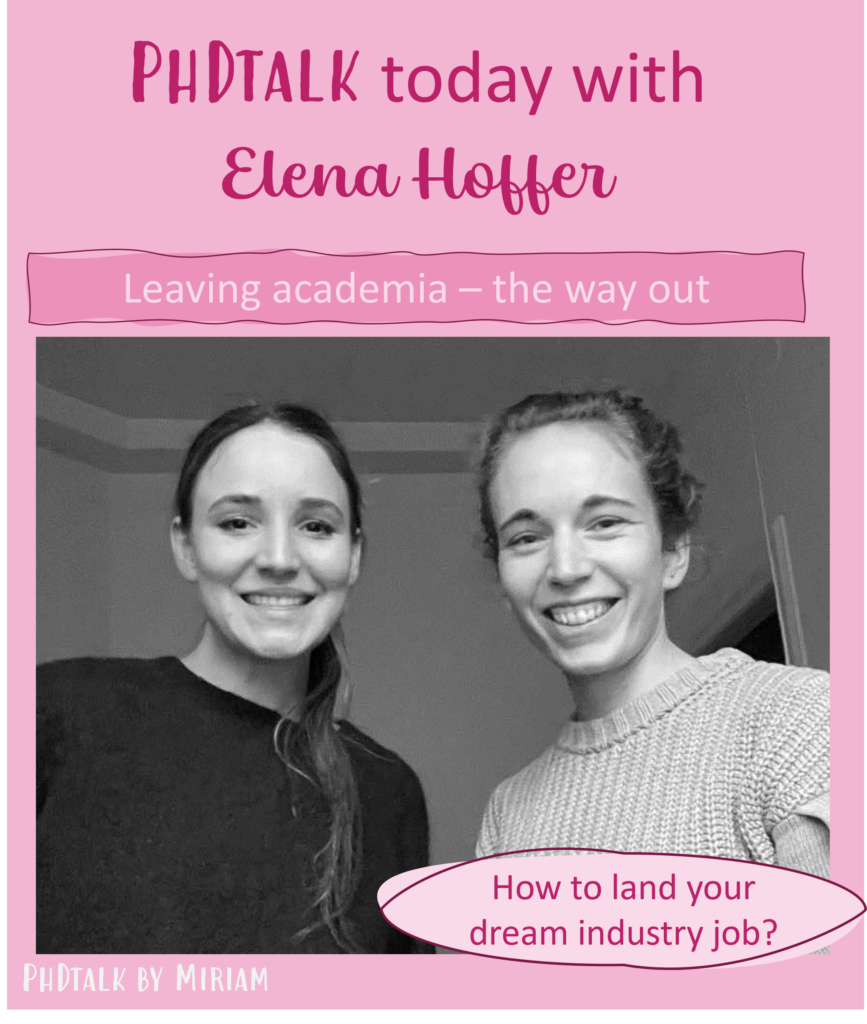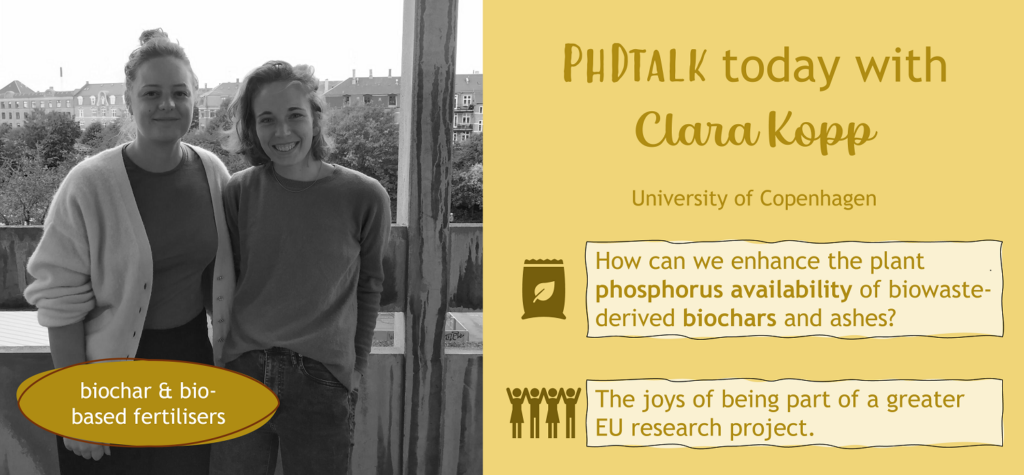#31 Elena: Leaving academia – The way out
How can you successfully transition into industry after your PhD – with clarity & excitement? How to shape your next career step? Elena Hoffer is the co-founder of alma.me, a company that guides PhDs during their transition journey from academia to industry. Elena herself graduate from Karolinska Institute in November 2023. She conducted research in […]
#31 Elena: Leaving academia – The way out Read More »

